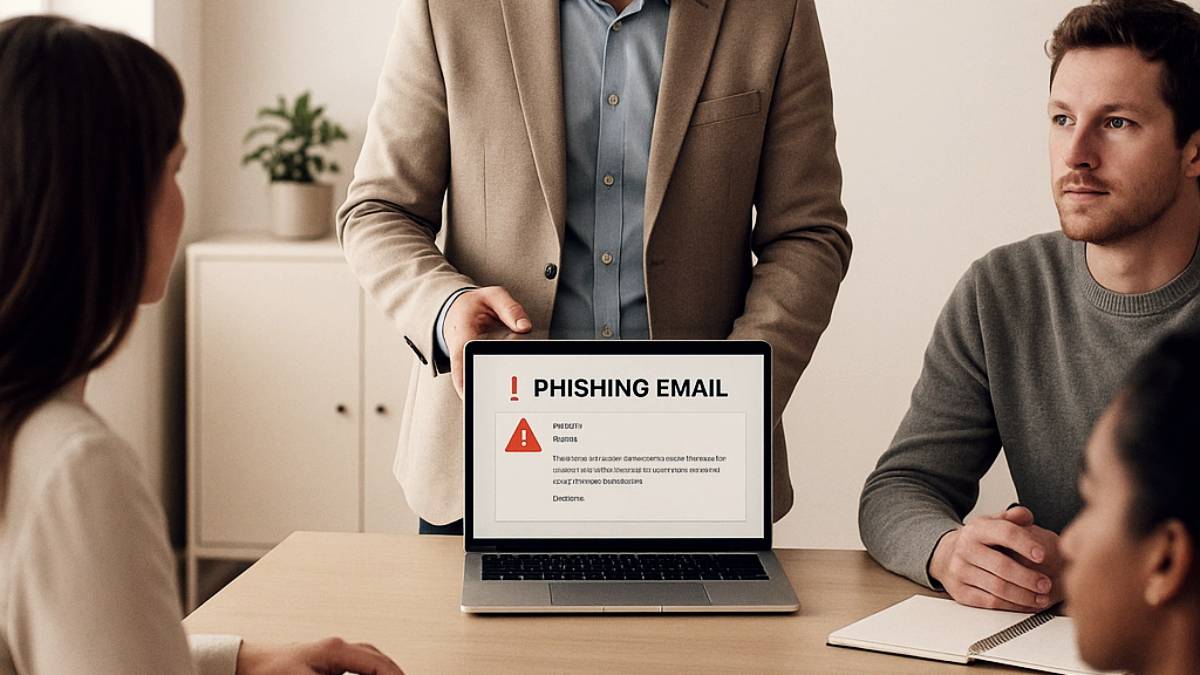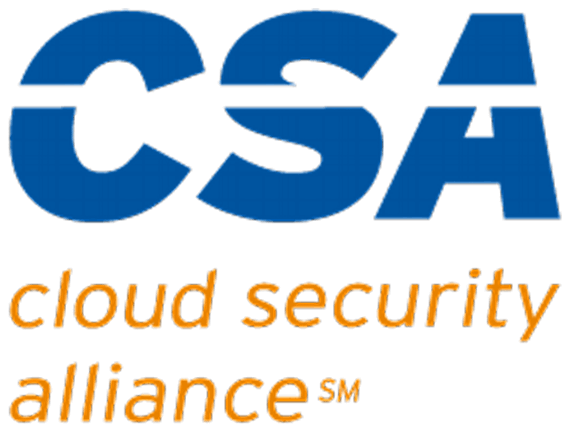
Why Misconceptions Put You at Risk
Small and mid-sized businesses (SMBs) sometimes feel invisible in the cyber world—a blip too tiny for hackers to care about. But that belief, along with a handful of other common cybersecurity myths, can leave your business wide open to attacks you’re not expecting, aren’t prepared for, and likely can’t afford.
Let’s bust some of the biggest misconceptions about security in the SMB world, and get real about what it takes to stay safe.
Myth #1: “We’re Too Small to Be a Target”
If you ask a room full of small business owners if they worry about hackers, you’ll hear this classic line: “Why would anyone go after a business like mine?”
Here’s the kicker: being small makes your business more attractive to cybercriminals, not less.
Attackers often use automated tools to scan the internet for any device, server, or website with known vulnerabilities. If your business has weak passwords, outdated software, or a poorly protected network, you’re likely to end up in their crosshairs—regardless of your size or industry.
The Numbers:
- Over 70% of ransomware attacks hit organizations with fewer than 1,000 employees.
- In recent years, nearly 6 out of 10 SMBs in some regions faced cybercrime attempts.
Why You’re a Goldmine:
- You store customer data, payment info, and business secrets—just like the big guys.
- Thieves assume smaller businesses spend less on security, so you’re an “easier win.”
Takeaway:
Don’t wait until your “small” business is the headline. Assume you’re a target—because you are.
Myth #2: “Cybersecurity is Too Expensive”
Do you think good security is only for the Microsofts and Amazons of the world? Think again.
While it’s true that no business has unlimited funds, modern solutions don’t require you to break the bank—or even build a big internal IT team.
What Works:
- Basic security hygiene (think strong passwords, software updates, employee training) beats expensive tools if you skip the basics.
- Cloud platforms now include robust security features for a manageable monthly cost.
- Managed IT providers, like Datacate, make enterprise-grade protection approachable for businesses of any size. You get to tap into expert-level support without hiring full-time specialists.
The Real Math:
- The average cost of a data breach for SMBs can easily wipe out months—or years—of profits.
- Simple security steps cost a fraction of that.
Myth #3: “Antivirus is Enough”
Imagine thinking that just locking your front door will stop every thief. Antivirus is just one tool—important, but not a cure-all.
Why It’s Not Enough:
- Today’s attacks—ransomware, phishing, and credential theft—often slip past traditional antivirus.
- A 2023 survey found that 44% of SMBs believe their antivirus fully protects them. That’s wishful thinking.
Better Protection Means:
- Using multi-factor authentication (MFA)
- Keeping backups that are disconnected from your network
- Watching for suspicious emails, not just viruses
- Regularly patching software and firewalls to close security holes
- Adopting tools like endpoint detection & response (EDR) with threat intelligence
Pro-tip:
If the only cybersecurity product you recognize is “Antivirus Brand X,” you need to rethink your strategy.
Myth #4: “Cybersecurity is a Technology Problem”
Many SMBs treat cybersecurity like a checklist of gadgets: firewall? Check. Antivirus? Check. Done? Not even close.
The Human Side of Security:
- 82% of breaches involve a human element—think weak passwords, phishing clicks, or poor judgment.
- Employees are both your best defense and your most significant risk. Regular, relevant training turns your staff into that first line of security (not your weakest link).
Culture Is Key:
A secure organization trains its team. Staff are encouraged to report suspicious emails, avoid password reuse, and understand how their choices affect the whole business. Security isn’t just an IT “project”—it’s a company-wide mindset.
Business Process, Not Just Gadgets
- Review who has access to sensitive data.
- Lock down credentials for ex-employees.
- Regularly update and review permissions for apps and file shares.
Security starts—and ends—with people.
Myth #5: “Third-Party Vendors Handle Our Security”
Today, no business is an island. You probably use a range of cloud products and/or outsourced service providers, everything from payroll software to email platforms, and you may assume they have security covered for their part. That assumption could be fatal.
The Blind Spot:
- Nearly half of SMBs say third-party risk is a concern, but most don’t check how those partners manage security.
- Supply chain attacks can break in through your vendors or cloud partners, as seen in several headline-making breaches.
What You Should Do:
- Ask vendors for proof of their cybersecurity measures (certifications, audits, etc.).
- Don’t assume the cloud is always “secure by default.”
- Know where your data lives and who can access it.
Your New Reality: Practical Next Steps
Feeling overwhelmed? Don’t be. The path to smarter security for SMBs doesn’t have to be complicated or expensive if you focus on these fundamentals:
- Treat Cybersecurity as Core to Your Business. Security isn’t an IT problem—it’s a business survival issue. Make cybersecurity part of boardroom talk, not just help desk chatter.
- Layer Up Your Defenses. Combine firewalls, antivirus, and backups with security training and sensible processes. No single tool is enough—defense in depth is your friend.
- Train Your People. Make “cybersecurity awareness” an ongoing, required part of everyone’s job—just like keeping the break room clean! Teach staff how to recognize phishing, avoid bad habits, and speak up if something feels off.
- Partner with Experts. If you don’t have a cybersecurity team, consider a managed service provider (MSP) like Datacate, Inc. The costs are manageable, the protection is world-class, and you don’t have to stay up all night reading threat reports. Discover how partnering with Datacate protects you.
- Make It a Process, Not a Project. Security isn’t “one and done.” Schedule regular reviews of your defenses, update your training, and keep an eye on shifting threats.
Final Thoughts: Out with Myths, In with Proactive Security
Cyberattacks against SMBs aren’t theoretical—they’re happening every day. By shedding outdated myths and stepping up your security awareness (with a little help from trusted partners), you can protect your business, your customers, and your reputation.
Ready to take the next step or review where your business stands? Contact Datacate for a quick security audit or consultation.




